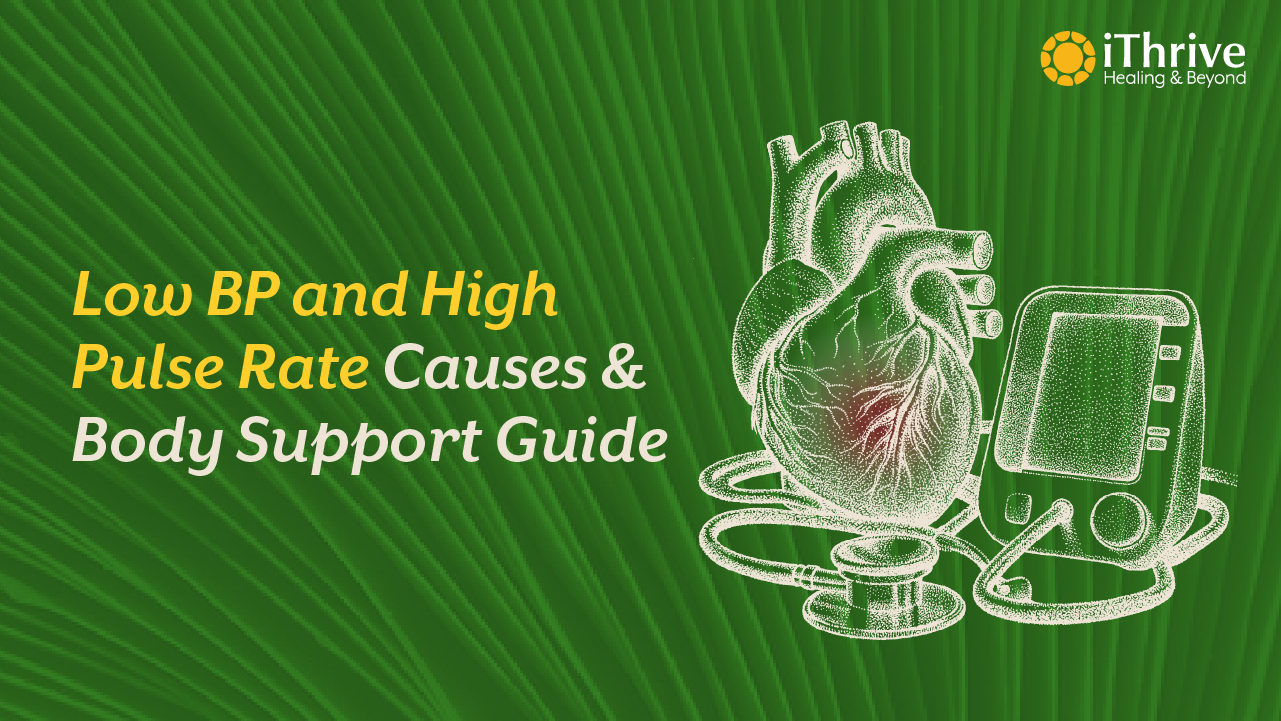One of the best strategies to ensure a child's health and survival is to breastfeed them. However, the low rate of breastfed infants has not changed in the past two decades. For newborns, breastmilk is the best meal. It includes antibodies that prevent several prevalent pediatric diseases and is safe and hygienic. Breastmilk continues to supply up to half or more of a child's nutritional needs providing all the energy and nutrients that the newborn need for the first few months of life (1).
The majority of the human body is highly populated with various bacteria, viruses, fungi, protozoa, and parasites which are referred to as the Gut microbiome. The colon harbours most germs, yet the presence in other regions of the gastrointestinal system cannot be ignored. The microbiome is seeded and nurtured by helpful bacteria in breast milk until it is completely developed (2). In addition to preventing pneumonia and other common childhood infections, breastfeeding may also have long-term health advantages for both the mother and the child, such as lowering the risk of obesity and overweight in childhood and adolescence (3).
Every person has a distinct gut microbiota composition that serves a variety of important roles in the metabolism of nutrients by the host, the preservation of the structural integrity of the gut mucosal barrier, immunomodulation, and defence against pathogens (4). It takes a very long time for the human gut microbiota to form. The adult microbiota may partially reflect the history of exposure to bacteria and environmental variables in infancy (5).
Role of Bacteria In a Healthy Gut
Your body contains more bacterial cells than human cells. For millions of years, microorganisms have coexisted alongside humans. Microbes have developed to perform very significant roles in the human body during this time. In fact, it would be quite challenging to thrive without gut bacteria. The development of your microbiome impacts your body in various ways. They play the main role in digesting fiber, and breast milk, controlling your immune system and brain health (6).
Composition of Human Breastmilk
One of the primary sources of bacteria in the gut of a breastfed infant is human milk, which contains between 105 and 107 bacteria per day for a baby. Some major bacterial species in the breastmilk are Lactobacillus, Staphylococcus, Enterococcus, and Bifidobacterium (7). The breastmilk also contains Human milk oligosaccharides, complex sugars unique to the human breastmilk. They do not provide any energy but instead act as prebiotics which are substrates for intestinal microorganisms to use during fermentation processes that encourage the growth or activity of good bacteria (8). Human milk and colostrum are rich sources of immune elements that guard breastfeeding newborns against infection. IgA, IgG, and IgM isotypes, as well as the secretory forms of IgA and IgM, are present in these maternal milk antibodies (3).
Nutrition During Breastfeeding for Mother
It is crucial to give your body the vitamins, minerals, and immunity required to prevent issues like brain fog, exhaustion, hair loss, and mood swings and to produce healthy breast milk. However, you might not be giving your child the ideal start in life if you don't have enough of the correct beneficial bacteria in your gut (9). Probiotics are live bacteria that offer health benefits, whether administered orally or physically to the body. They include fermented foods, dietary supplements, and cosmetics (10). Consuming a probiotic can promote your overall health, enhance your breast milk's nutritional value, and possibly aid in treating and preventing contagious mastitis. The most typical probiotic side effects are bloating, gas, and stomach discomfort.
Some natural probiotics, coconut milk curd, ACV with mother, and dietary supplements contain enzymes and good bacteria. Foods like eggs, beans, and lean meat, which are protein-rich, should be opted for while breastfeeding your infant (11).
In early childhood, where interventions that change the gut microbiota generate critical long-term effects, according to recent studies. Therefore, the composition of the gut microbiota and the newborn's metabolism may be key factors in the likelihood of developing allergic diseases. Breastfeeding plays a crucial role in shaping the gut microbiome in the infant's early life. Breastfeeding is good for both the mother and the baby. Mother's breast milk will alter as your child grows to match his or her nutritional needs. Additionally, breastfeeding can help you and your baby fight against several short- and long-term sicknesses and disorders.
REFERENCE:
- https://www.who.int/health-topics/breastfeeding#tab=tab_1
- https://www.ohsu.edu/school-of-medicine/moore-institute/breastfeeding-and-microbiome
- https://www.ncbi.nlm.nih.gov/pmc/articles/PMC8258836/
- https://www.ncbi.nlm.nih.gov/pmc/articles/PMC6351938/
- https://www.science.org/doi/abs/10.1126/science.aad9378
- https://www.healthline.com/nutrition/gut-microbiome-and-health#TOC_TITLE_HDR_4
- https://www.sciencedirect.com/science/article/abs/pii/S104366181200165X
- https://academic.oup.com/jn/article/137/3/830S/4664774
- https://kinfertility.com.au/blog/probiotics-and-breastfeeding
- https://www.nccih.nih.gov/health/probiotics-what-you-need-to-know
- https://www.mayoclinic.org/healthy-lifestyle/infant-and-toddler-health/in-depth/breastfeeding-nutrition/art-20046912
Subscribe to our newsletter and receive a selection of cool articles every week





.png)


.webp)

.jpg)
.jpg)










